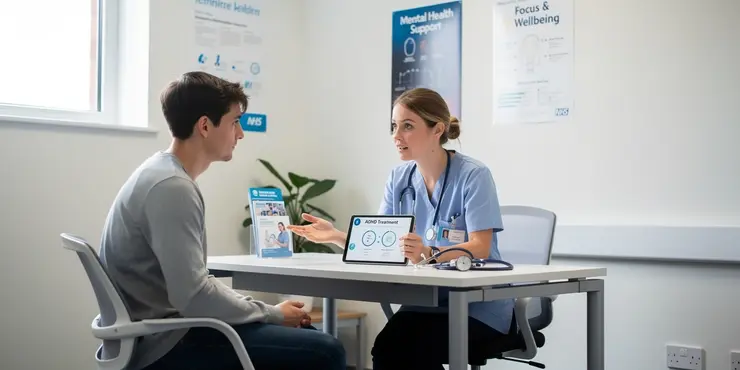
Find Help
More Items From Ergsy search
-
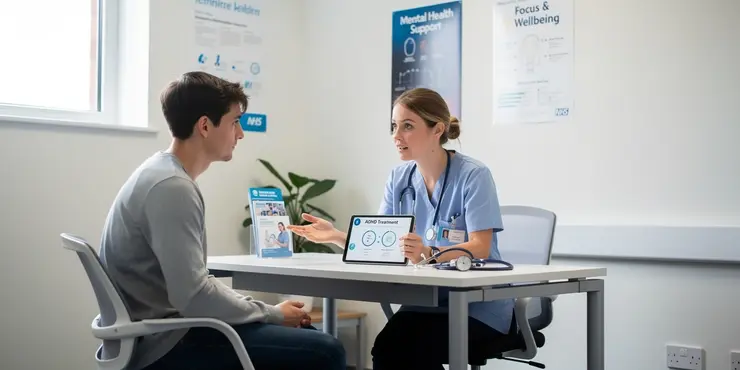
What are common treatments for ADHD?
Relevance: 100%
-

Is ADHD more common in boys or girls?
Relevance: 78%
-
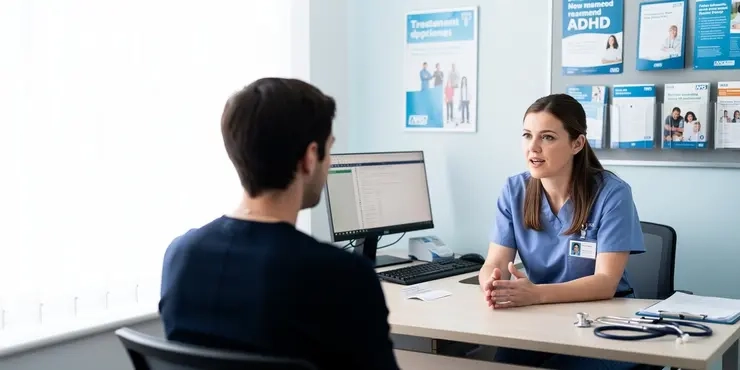
Attention deficit hyperactivity disorder (ADHD) - Treatment
Relevance: 76%
-
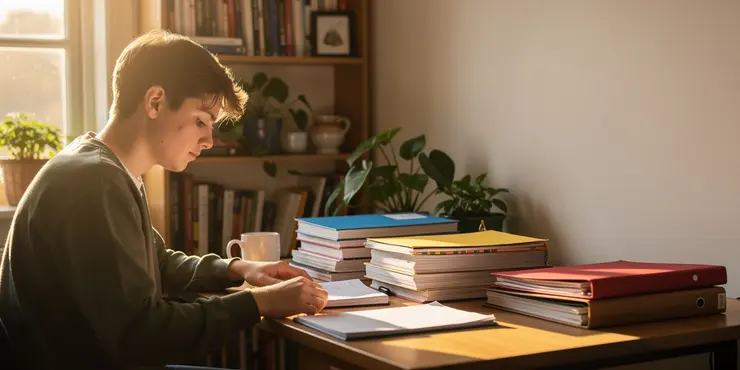
Is there a cure for ADHD?
Relevance: 70%
-
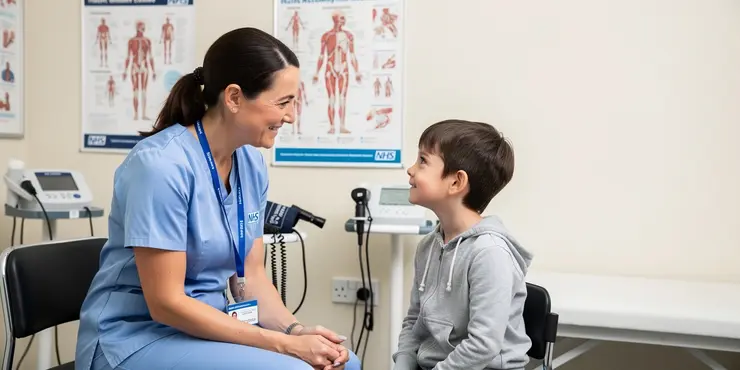
What is ADHD?
Relevance: 70%
-
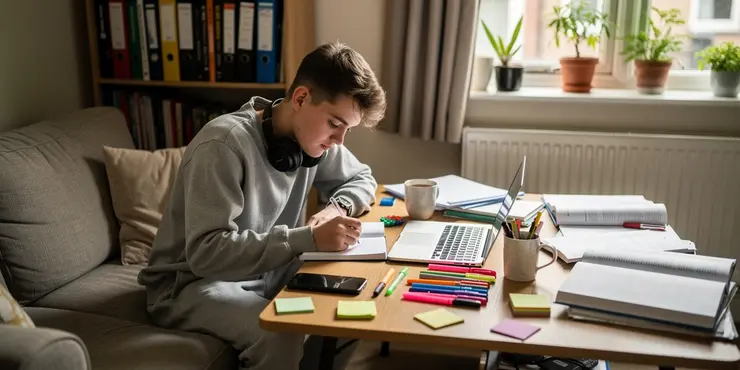
Are there different types of ADHD?
Relevance: 68%
-
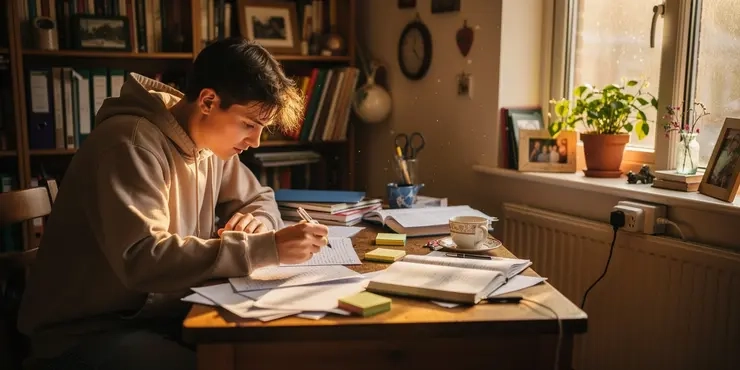
Attention deficit hyperactivity disorder (ADHD) - Living with ADHD
Relevance: 67%
-
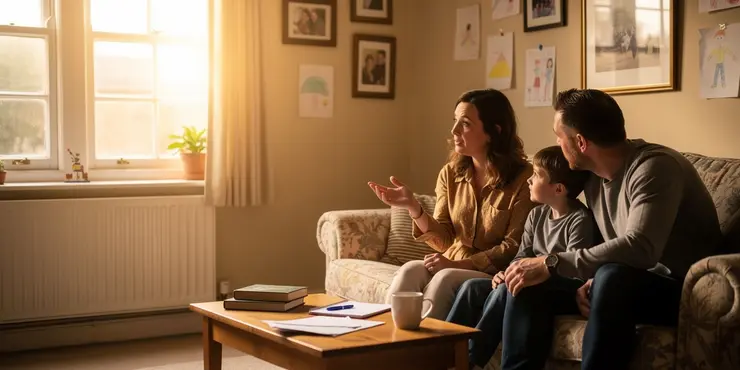
Can ADHD be inherited?
Relevance: 65%
-
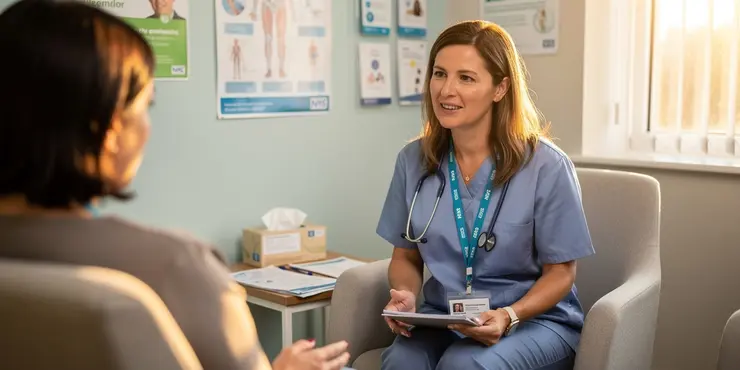
Can adults have ADHD?
Relevance: 64%
-
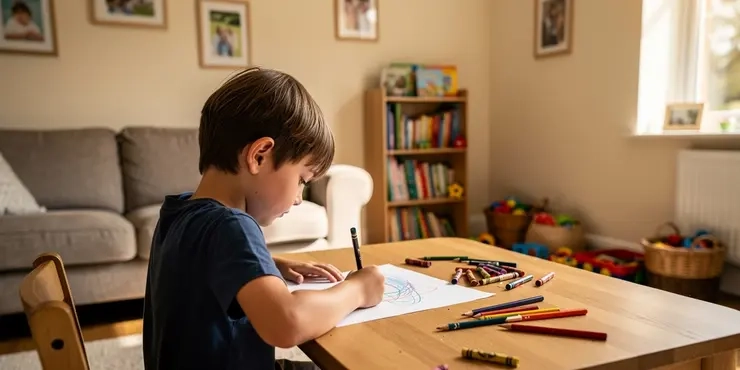
Attention deficit hyperactivity disorder (ADHD) - Introduction
Relevance: 63%
-
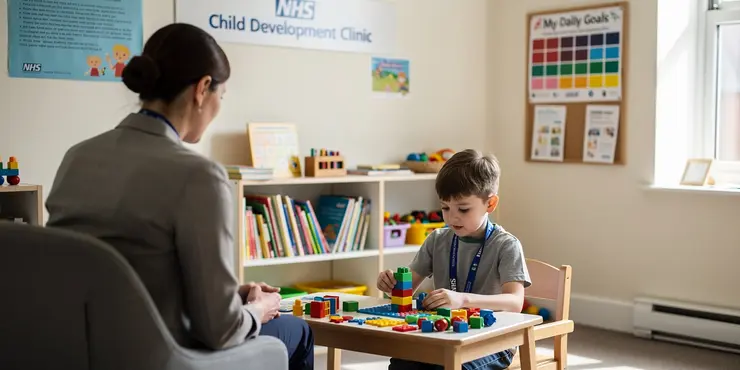
How is ADHD diagnosed?
Relevance: 62%
-
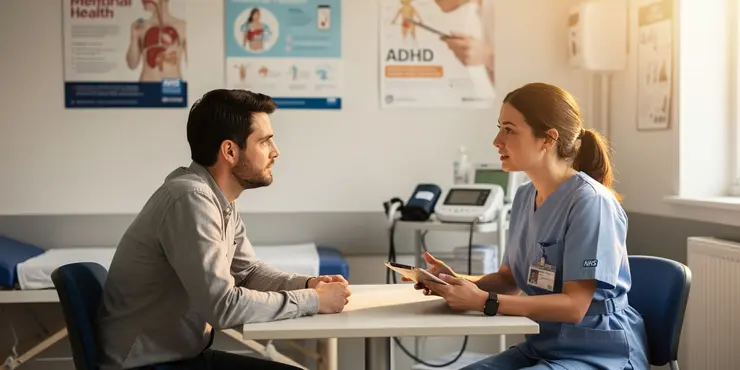
What causes ADHD?
Relevance: 60%
-
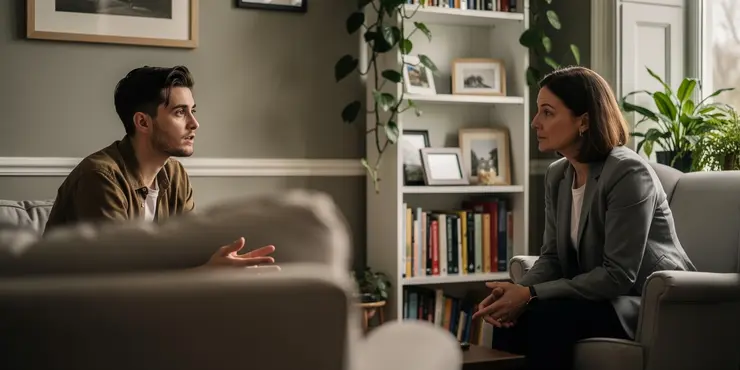
Can therapy help individuals with ADHD?
Relevance: 59%
-

What are the main symptoms of ADHD?
Relevance: 59%
-
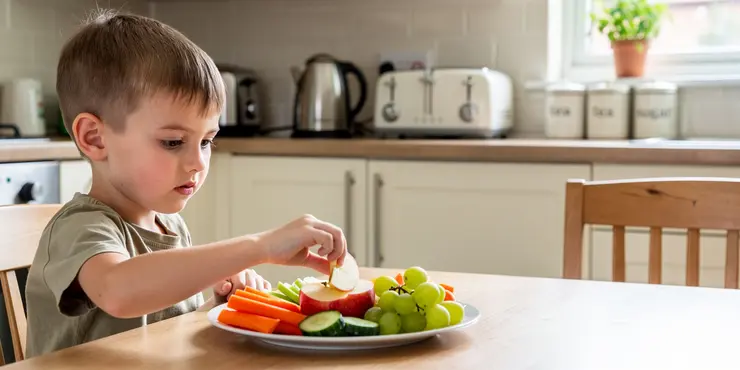
Can diet affect ADHD symptoms?
Relevance: 58%
-
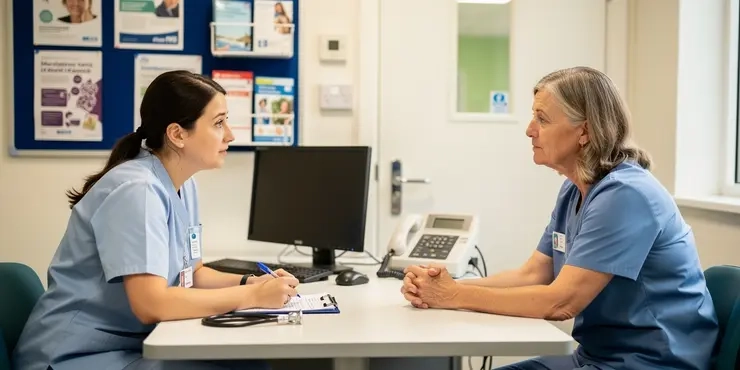
Attention deficit hyperactivity disorder (ADHD) - Diagnosis
Relevance: 58%
-
How can I get tested for ADHD?
Relevance: 57%
-
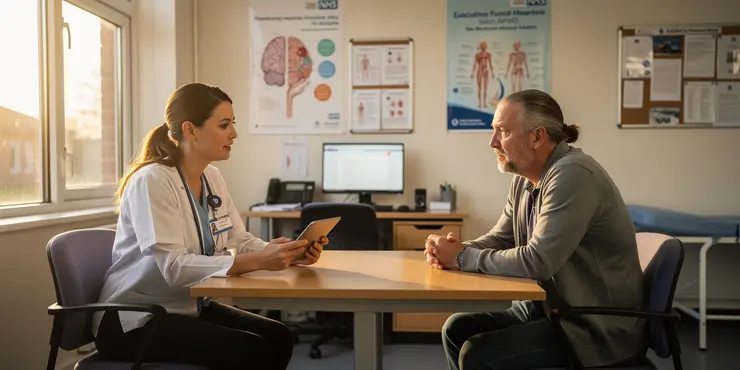
How does ADHD affect executive function?
Relevance: 56%
-
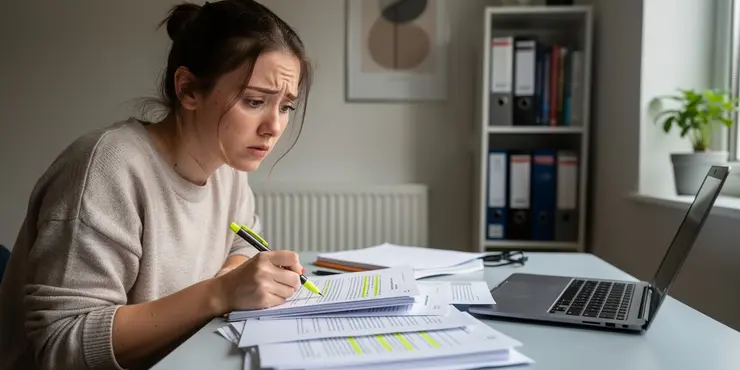
Are there any risks associated with untreated ADHD?
Relevance: 56%
-

Can lifestyle changes help manage ADHD?
Relevance: 55%
-
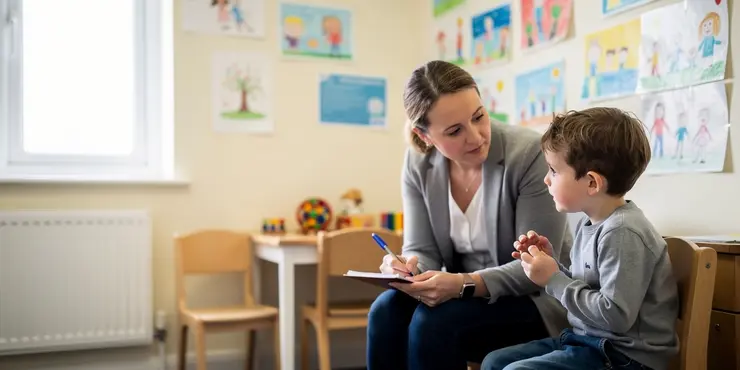
What role does the environment play in ADHD?
Relevance: 53%
-
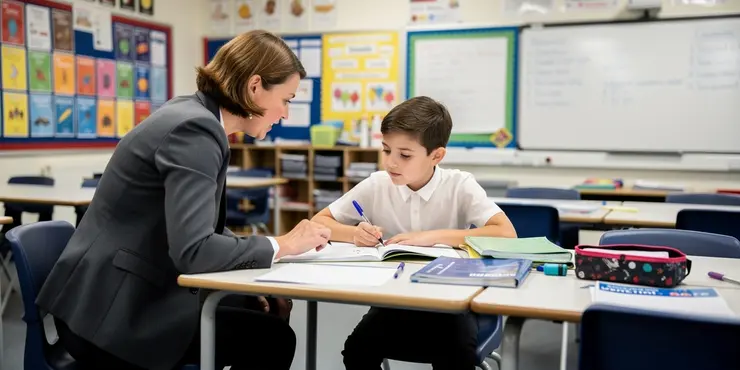
How can teachers support students with ADHD?
Relevance: 51%
-
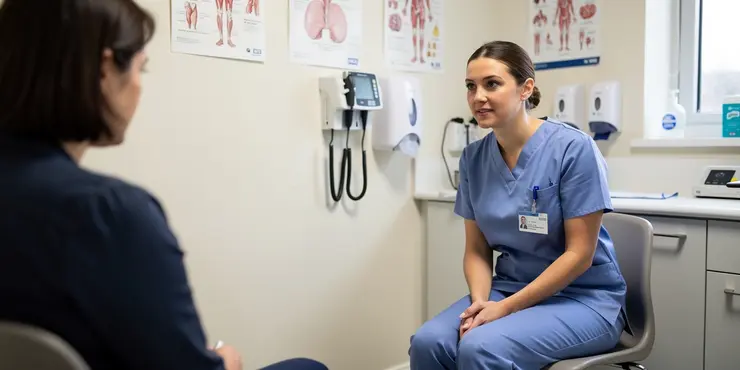
What is ADHD?
Relevance: 50%
-
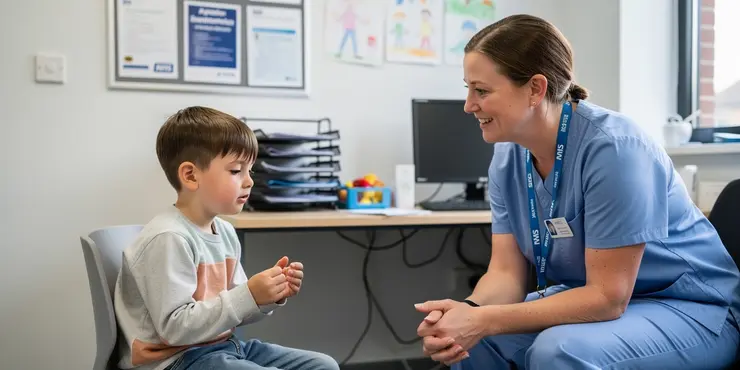
What are some common types of SEND?
Relevance: 41%
-
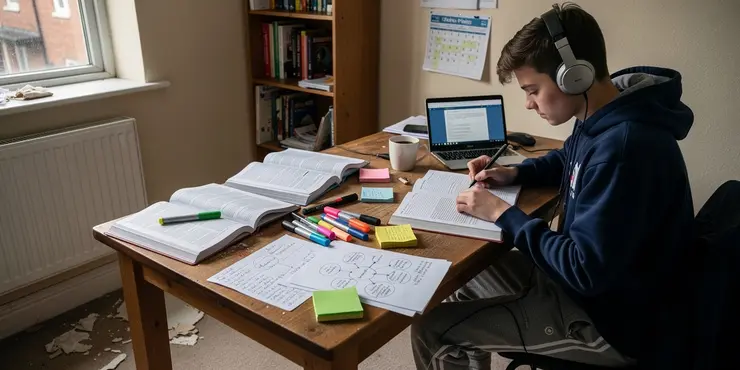
Can ADHD affect academic performance?
Relevance: 40%
-
What are common treatments for health-related anxiety?
Relevance: 38%
-
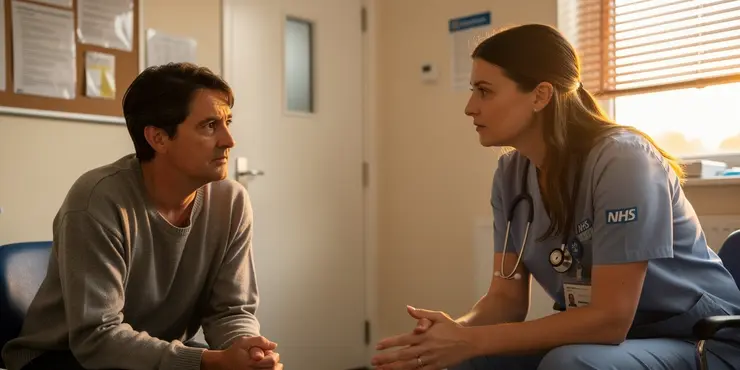
What are the common treatment options for prostate cancer?
Relevance: 34%
-
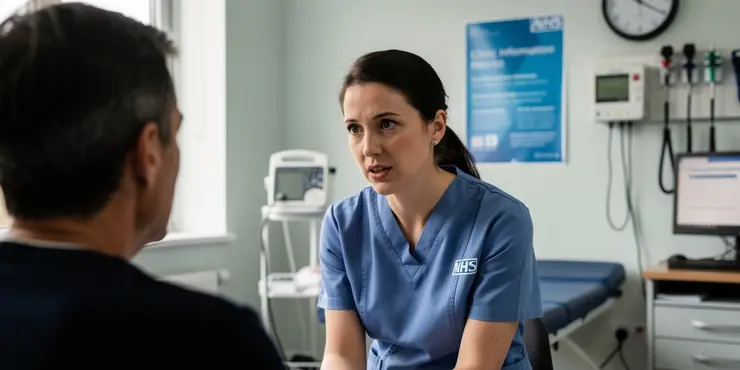
How common is hypotony?
Relevance: 29%
-
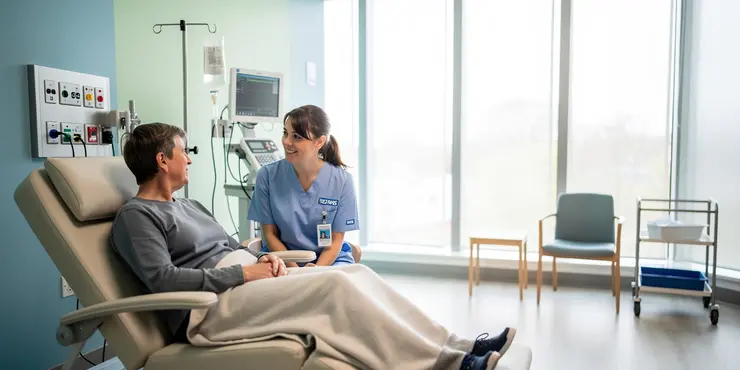
Having chemotherapy and other treatments in the Day Treatment Unit
Relevance: 28%
-
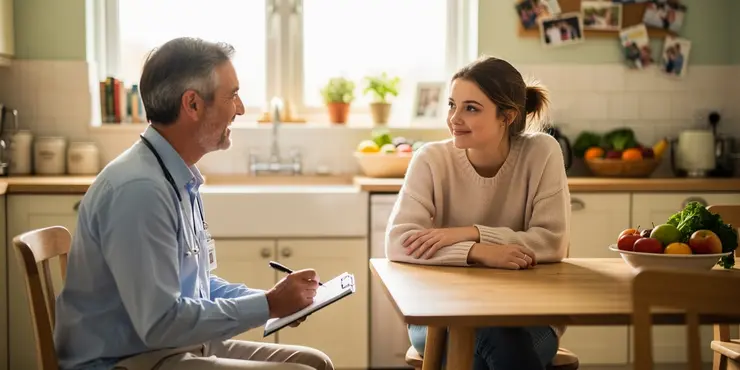
Eating disorders: treatment
Relevance: 28%
-
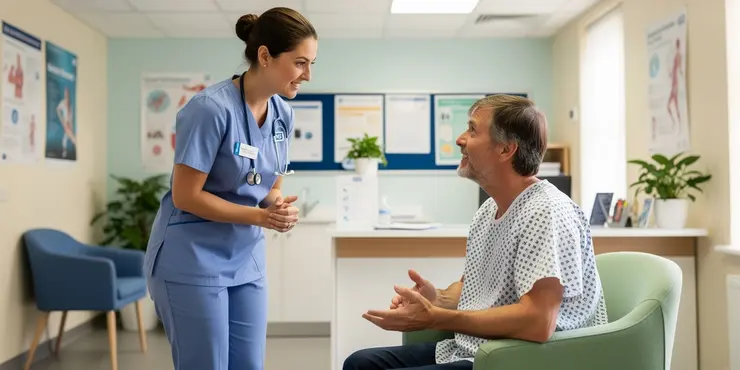
BSL - Treatments for insomnia
Relevance: 27%
-
Is tinnitus a common condition?
Relevance: 27%
-
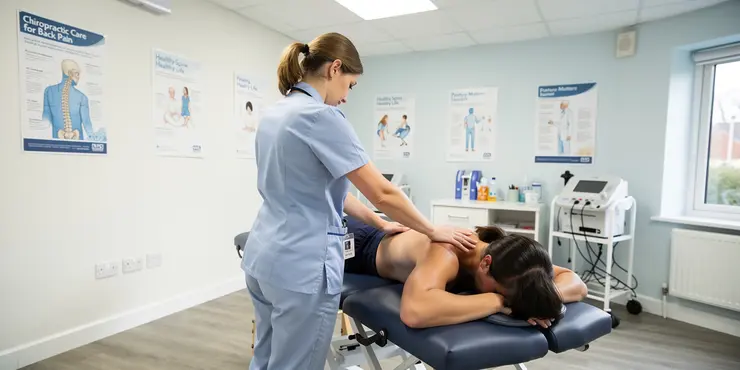
Are chiropractic treatments safe?
Relevance: 27%
-
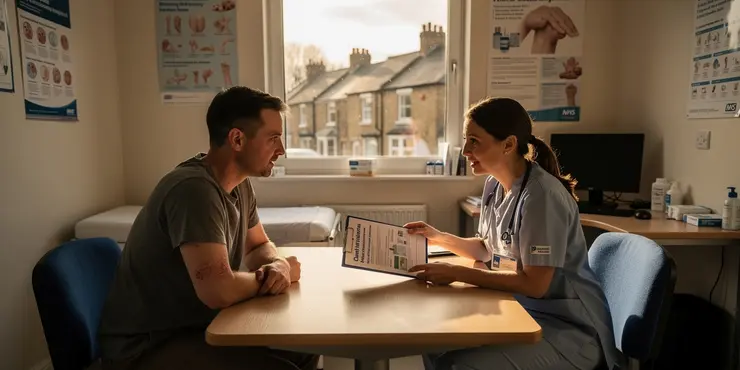
What treatments are available for eczema?
Relevance: 27%
-
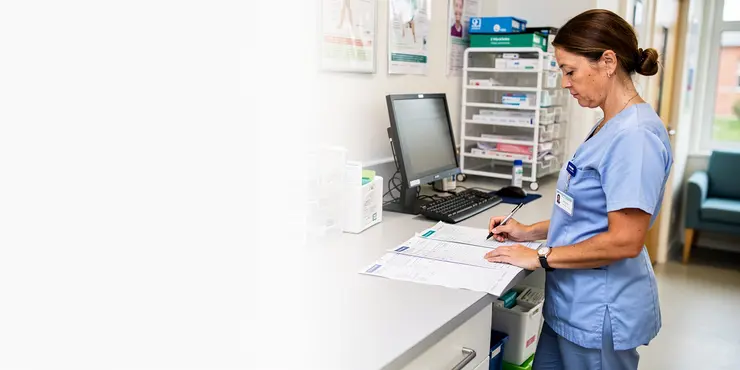
GP Nursing Most Common Medications UK.
Relevance: 27%
-
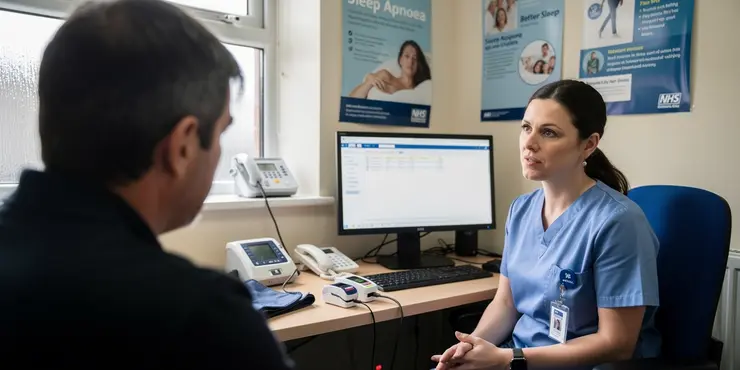
How common is sleep apnea?
Relevance: 27%
-
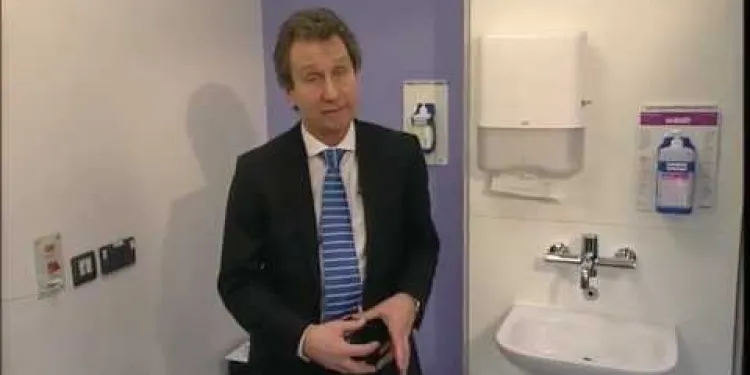
Hernias and their Treatments - A guide for patients
Relevance: 27%
-
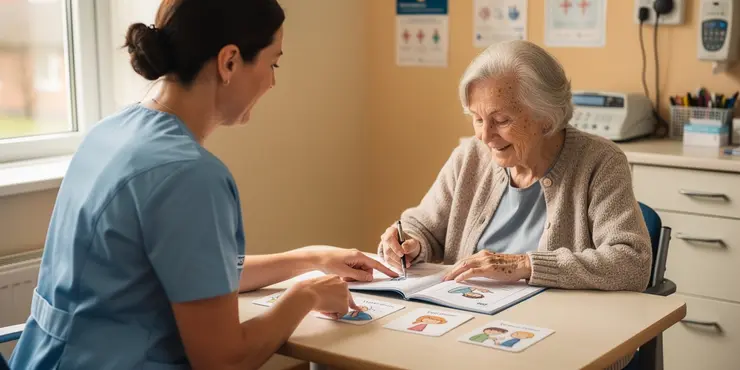
How common is Alzheimer's disease in the UK?
Relevance: 27%
-
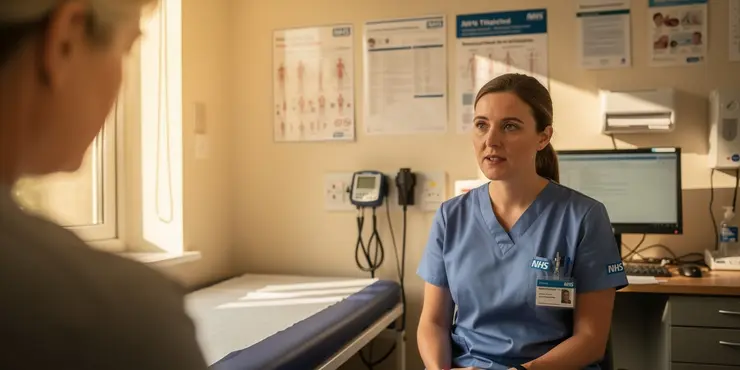
What treatments are available for shingles?
Relevance: 27%
-
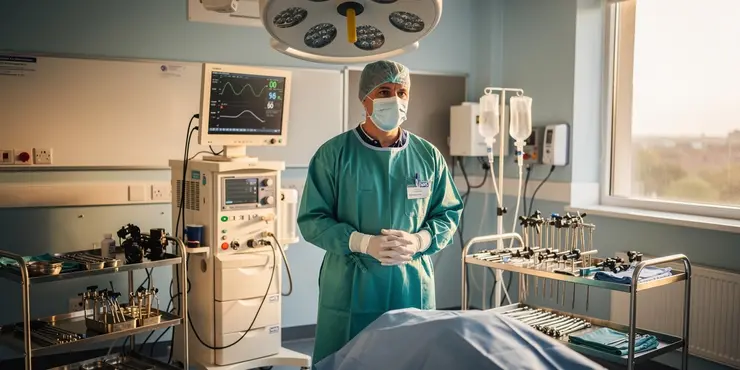
What is the treatment for appendicitis?
Relevance: 26%
Understanding ADHD Treatment Options
Attention Deficit Hyperactivity Disorder (ADHD) is a common neurodevelopmental disorder that affects both children and adults, impacting their ability to focus and control impulsive behaviors. Treatment for ADHD is crucial in managing symptoms and improving quality of life. In the UK, a combination of medication and therapy is typically employed to address the needs of individuals with ADHD. Below are some of the most common treatment options available.
Medication
Medication is often the first line of treatment for ADHD and aims to reduce symptoms such as hyperactivity and improve attention. The most commonly prescribed medications in the UK are stimulants, including methylphenidate (e.g., Ritalin, Concerta) and dexamfetamine (e.g., Elvanse). These drugs work by increasing the levels of certain neurotransmitters in the brain, which helps improve focus and attention span. Non-stimulant medications like atomoxetine (Strattera) may be prescribed if stimulants are ineffective or cause unacceptable side effects. It's important for individuals to work closely with healthcare professionals to find the most appropriate medication and dosage.
Behavioural Therapy
Alongside medication, behavioural therapy plays a significant role in managing ADHD symptoms. Cognitive Behavioural Therapy (CBT) is particularly effective for older children and adults as it focuses on changing negative thought patterns and developing skills to manage everyday challenges. Behavioural interventions can help individuals with ADHD manage time more efficiently, control impulses, and improve organisational skills. Therapy is most effective when tailored to the individual's specific needs.
Parenting and Family Support
Support for families is crucial in managing ADHD, particularly for children. Parents can benefit from training programs that equip them with strategies to support their child’s development and manage behavioural challenges. This kind of support can help create a stable environment that promotes positive behaviours. Family therapy may also be beneficial in improving communication and understanding within the family unit, allowing everyone to work towards common goals in managing ADHD.
Educational Interventions
In the educational setting, children with ADHD may require additional support. Schools in the UK often provide Individualised Education Plans (IEPs) or SEN support (Special Educational Needs) to help students meet their academic potential. Teachers and educational psychologists can collaborate to implement strategies that support learning, such as providing a structured environment, breaking tasks into more manageable parts, and using visual aids to assist with instruction.
Lifestyle Changes
Lifestyle changes can also positively impact ADHD symptoms. Regular physical activity, a healthy diet, and sufficient sleep are important components of managing ADHD. Exercise, in particular, has been shown to improve concentration and reduce symptoms of anxiety and depression, which often coexist with ADHD. Encouraging a balanced lifestyle can play a vital role in the overall treatment plan.
Understanding ADHD Treatment Options
ADHD stands for Attention Deficit Hyperactivity Disorder. It is a common condition that affects how people can focus and control their actions. Both children and adults can have ADHD. Treating ADHD is important to help people feel better and do well in everyday life. In the UK, doctors usually use medicine and therapy to help people with ADHD. Here are some ways to treat ADHD.
Medication
Medicine is often one of the first ways to treat ADHD. It helps people be less hyperactive and pay more attention. In the UK, the most common medicines for ADHD are called stimulants. They include drugs like Ritalin and Concerta. These medicines help the brain focus better. If these do not work well or cause problems, doctors might use a different medicine like Strattera. It is important for people to work with their doctors to find the right medicine and amount.
Behavioural Therapy
Besides medicine, therapy can help manage ADHD. There is a special kind called Cognitive Behavioural Therapy (CBT). This is good for older kids and adults. It helps change negative thoughts and teaches skills to handle daily tasks. Therapy can help people with ADHD manage their time better, control their actions, and get more organised. It works best when it is designed for the person's own needs.
Parenting and Family Support
Families need support to help a child with ADHD. Parents can learn ways to support their child and deal with behaviour problems. This helps create a happy home. Family therapy can also help everyone talk and understand each other better. This way, everyone can work together to help manage ADHD.
Educational Interventions
In school, kids with ADHD might need extra help. Schools in the UK can create special plans called Individualised Education Plans (IEPs) or SEN support. These plans help kids learn better. Teachers and school psychologists can work together to make learning easier. They might use things like clear routines, smaller tasks, and pictures to help teach.
Lifestyle Changes
Changing some daily habits can help with ADHD too. Regular exercise, healthy eating, and getting enough sleep are important. Exercise can help people focus better and feel less anxious. Living a balanced lifestyle is an important part of treating ADHD.
Frequently Asked Questions
What are the first-line medications for ADHD?
The first-line medications for ADHD are usually stimulants such as methylphenidate (e.g., Ritalin, Concerta) and amphetamine-based medications (e.g., Adderall, Vyvanse).
Are there non-stimulant medications for ADHD?
Yes, non-stimulant medications such as atomoxetine (Strattera) and certain antidepressants like bupropion are used to treat ADHD.
Can therapy be used to treat ADHD?
Yes, behavioral therapy, cognitive behavioral therapy (CBT), and social skills training are commonly used therapies for ADHD.
Is lifestyle modification part of ADHD treatment?
Yes, healthy lifestyle choices, including regular exercise, adequate sleep, and a balanced diet, can support ADHD treatment.
What role does educational support play in ADHD treatment?
Educational support, including individualized education plans (IEPs) and classroom accommodations, can help children with ADHD succeed in school.
How can parents be involved in treating a child's ADHD?
Parent training in behavior management can help parents learn strategies to change behavior and improve functioning at home.
Are there alternative treatments for ADHD?
Some people explore alternative treatments like dietary supplements, yoga, or mindfulness, but these should be discussed with a healthcare provider.
Is medication alone effective for treating ADHD?
Medication can be effective, but a combination of medication and behavioral therapy often yields the best results.
How important is a proper diagnosis before starting ADHD treatment?
A proper diagnosis is crucial as it ensures appropriate treatment and rules out other conditions that may mimic ADHD symptoms.
Is ADHD treatment the same for all age groups?
ADHD treatment varies by age. Children, adolescents, and adults may respond differently to medications and therapies.
Can diet impact ADHD symptoms?
Some studies suggest certain diets may help manage symptoms, but there is no conclusive evidence. It's important to maintain a balanced diet.
Are there any side effects of ADHD medications?
Common side effects include appetite loss, sleep disturbances, and increased heart rate. Consult a healthcare provider for a complete list.
Can ADHD be treated without medication?
Yes, some people manage ADHD symptoms with behavioral therapies and lifestyle changes, but medication is often a key component.
What is the role of exercise in ADHD management?
Regular physical activity can help improve concentration, decrease impulsivity, and enhance mood in individuals with ADHD.
How long does ADHD treatment last?
ADHD is a chronic condition, and treatment duration varies. Some may need lifelong treatment while others improve with age.
What is a common behavioral therapy for ADHD?
Cognitive Behavioral Therapy (CBT) is a widely used approach to help individuals with ADHD develop coping mechanisms for managing symptoms.
Do ADHD treatments differ for children and adults?
Yes, treatments are often tailored to address the unique challenges faced by children or adults with ADHD, taking into account their specific needs.
Can technology assist in the treatment of ADHD?
Certain apps and digital tools can support ADHD management by helping with organization, time management, and focus.
Is neurofeedback an effective treatment for ADHD?
Some people use neurofeedback for ADHD, but its effectiveness is debated and should be considered an adjunct rather than a primary treatment.
How is progress monitored during ADHD treatment?
Regular follow-ups with healthcare providers, evaluating symptom changes, and adjusting treatment plans are crucial for effective management.
What Medicines Help People With ADHD First?
There are certain medicines that doctors give first to help people with ADHD. These medicines are called "first-line." Here are some names:
- Methylphenidate
- Amphetamines
These medicines can help people focus better and be less fidgety. A doctor can tell you more about these medicines and see which one might be right. It's good to ask questions if you're not sure.
Here are some ways to learn more:
- Talk to a doctor or nurse.
- Use pictures to understand better.
- Ask someone you trust to help explain.
The first medicines doctors use to help with ADHD are often called stimulants. These include methylphenidate (like Ritalin and Concerta) and medicines made from amphetamine (like Adderall and Vyvanse).
Are there medicines for ADHD that are not stimulants?
Yes, some medicines that are not stimulants can help treat ADHD. These include a medicine called atomoxetine (Strattera) and some antidepressants like bupropion.
Can talking to a therapist help with ADHD?
Yes, there are some therapies that can help people with ADHD. These include:
1. Behavioral therapy: This helps people learn good habits.
2. Cognitive behavioral therapy (CBT): This helps people think in positive ways.
3. Social skills training: This helps people make friends.
Can changing habits help with ADHD?
People with ADHD might feel better with some lifestyle changes. These are simple things you can do every day.
- Exercise: Moving your body can help you feel calm and happy.
- Sleep: Try to go to bed at the same time each night. Good sleep helps your brain rest.
- Eat Healthy: Eating fruits and vegetables gives your body the energy it needs.
- Organize: Keeping your room and school stuff neat can make it easier to find things.
- Take Breaks: It's okay to rest when you are feeling tired or stressed.
These changes can support ADHD treatments. Talk to a grown-up or a doctor if you need help. They can give you more ideas.
Yes, making healthy choices can help with ADHD. This includes doing exercise, getting enough sleep, and eating good food.
How can school help kids with ADHD?
Help at school can make it easier for kids with ADHD to do well. They can have special learning plans and extra help in the classroom.
How can parents help if their child has ADHD?
Parents can do a lot to help their child with ADHD. Here are some ways:
- Learn about ADHD: Understanding what ADHD is can help you know how to support your child.
- Talk to doctors: Work with doctors and teachers to find the best ways to help your child.
- Make routines: Having a daily plan can help your child feel safe and know what to expect.
- Give clear instructions: Use simple words and steps when you ask your child to do something.
- Use tools: Use charts or timers to help your child stay on track with tasks.
- Be patient: It’s important to be calm and patient as your child learns new things.
- Offer praise: Tell your child when they do a good job to help them feel proud.
These steps can help make things easier for your child and help them do better at home and school.
Parents can learn how to manage behavior better. This can help them change behavior and make things better at home.
Parents can try tools like reward charts to help. They can also talk to experts for advice.
Can you try other ways to help with ADHD?
Some people try different ways to feel better. They might take special vitamins, do yoga exercises, or practice being calm and focused. It is important to talk to a doctor or nurse before trying these things.
Can medicine help with ADHD by itself?
Medicine can help people with ADHD. But, it is best to use medicine with other things too, like talking to a doctor or getting help at school. For ADHD: 1. **Take medicine** - Doctors can give you medicine to help you focus better. 2. **Talk to a doctor** - A doctor can listen and help. 3. **Get school help** - Teachers can give extra help. Using all three can help more than just medicine by itself. Always ask questions if you don't understand.Medicine can help. But using medicine and talking therapy together works best.
Why is it important to know if someone has ADHD before they start treatment?
It is important to get the right diagnosis. This way, doctors can give the right treatment and make sure it is not a different problem that looks like ADHD.
Is ADHD treatment the same for everyone?
No, ADHD treatment is not the same for everyone. People of different ages might get different help.
Here are some ideas that might support:
- Kids with ADHD often have talking or play times with doctors.
- Adults might take medicine or talk to someone about their feelings.
Remember, everyone is different. What helps one person might not help another.
People of different ages get different help for ADHD. Kids, teenagers, and grown-ups might need different medicines and therapies.
Can food affect ADHD signs?
Some studies say certain foods might help, but we are not sure. It is very important to eat a balanced diet.
Do ADHD medicines have any side effects?
When people take medicine for ADHD, sometimes it can make them feel different. These feelings are called side effects. Some people might feel funny in their tummy, have headaches, or feel sleepy. Others might feel nervous or find it hard to sleep.
If you have any worries about how medicine makes you feel, it is important to talk to a doctor or a grown-up you trust. They can help you understand what is happening and what to do next.
Using picture cards or storyboards can help you understand how you are feeling. Sometimes writing or drawing can help you explain what is happening. You can also use apps that remind you when to take your medicine and how you feel afterward.
Some things that might happen are: feeling less hungry, trouble sleeping, and a faster heartbeat. Talk to a doctor to learn more about all the side effects.
Are there ways to help ADHD without taking medicine?
Yes, some people can help their ADHD symptoms with therapy and changes in how they live. But medicines are often very important too.
How does exercise help people with ADHD?
Exercise is good for the body and mind. It can help people with ADHD feel better and focus better. Here is how:
- Exercise helps burn off extra energy, which can help people stay calm.
- It helps people feel happier by releasing chemicals in the brain.
- It can improve attention, making it easier to concentrate on tasks.
If you have ADHD, try to exercise every day. Activities like running, swimming, or playing a sport can be fun and helpful. You can also speak to a teacher or doctor to get more ideas.
Doing exercise often can help you focus better, stop acting without thinking, and make you feel happier if you have ADHD.
How long does ADHD treatment last?
How long does ADHD treatment take?
ADHD is a condition that people can have for a long time.
Treatment can help manage ADHD, but how long it lasts can be different for each person.
Sometimes, people need treatment for a short time. Other times, they may need it longer.
It's important to talk to a doctor about what is best for you.
You might use things like reminders or notes to help you remember how to take your medicine or go to appointments.
ADHD (Attention-Deficit/Hyperactivity Disorder) is something people have for a long time. How long it takes to feel better can be different for everyone. Some people need help for their whole life. Others might get better as they get older.
What is a therapy that helps with ADHD?
Some people with ADHD find it hard to pay attention or sit still. There are special talks and games that can help them. This is called behavioral therapy.
Therapists use games to teach children how to focus. They also help them to wait their turn and listen carefully. This can make school and playing with friends easier.
Talk to a doctor about finding a therapist who can help. Tools like visual aids and reward charts might also be useful. They can make learning new habits fun.
Cognitive Behavioral Therapy, or CBT, is a way to help people with ADHD. It shows them how to manage their symptoms better.
Are ADHD treatments different for kids and adults?
Yes, doctors often make special plans to help kids or grown-ups with ADHD. They think about what each person needs.
Can computers and gadgets help with ADHD?
ADHD is a condition that makes it hard to focus and sit still. Using computers, tablets, or phones can help some people with ADHD. They can use special apps or games to learn and practice focusing.
These tools make learning fun and can help remind them to stay on track. Ask a teacher or doctor which tools might be best for you.
Certain apps and digital tools can help people with ADHD. They can make it easier to stay organized, manage your time, and focus on tasks.
Does neurofeedback help with ADHD?
Neurofeedback is a way to train your brain. But does it help with ADHD, which makes it hard to sit still and focus?
Some people say it helps. It may help you pay attention better. But we need more studies to be sure.
If you have ADHD, here are some things that might help:
- Use a planner to keep track of your tasks.
- Take breaks during long tasks.
- Ask an adult for help if you find something hard.
Some people try neurofeedback to help with ADHD. But we’re not sure how well it works. It should be used along with other treatments, not by itself.
If you find reading hard, using tools like audiobooks or reading apps can help. They can read the text aloud and make it easier to understand.
How do we check if ADHD treatment is working?
We see if the treatment helps by looking at how the person feels, thinks, and behaves.
Doctors and families watch for changes in focus, schoolwork, and feelings.
It's helpful to talk to teachers and use charts or diaries to track changes.
Apps and games can help remind and guide the person.
It is important to visit your doctor often. Talk about how you feel and if anything has changed. Your doctor can help you make a new plan if needed. This will help you stay healthy.
Useful Links
This website offers general information and is not a substitute for professional advice.
Always seek guidance from qualified professionals.
If you have any medical concerns or need urgent help, contact a healthcare professional or emergency services immediately.
Some of this content was generated with AI assistance. We’ve done our best to keep it accurate, helpful, and human-friendly.
- Ergsy carfully checks the information in the videos we provide here.
- Videos shown by Youtube after a video has completed, have NOT been reviewed by ERGSY.
- To view, click the arrow in centre of video.
- Most of the videos you find here will have subtitles and/or closed captions available.
- You may need to turn these on, and choose your preferred language.
- Go to the video you'd like to watch.
- If closed captions (CC) are available, settings will be visible on the bottom right of the video player.
- To turn on Captions, click settings .
- To turn off Captions, click settings again.
More Items From Ergsy search
-

What are common treatments for ADHD?
Relevance: 100%
-

Is ADHD more common in boys or girls?
Relevance: 78%
-

Attention deficit hyperactivity disorder (ADHD) - Treatment
Relevance: 76%
-

Is there a cure for ADHD?
Relevance: 70%
-

What is ADHD?
Relevance: 70%
-

Are there different types of ADHD?
Relevance: 68%
-

Attention deficit hyperactivity disorder (ADHD) - Living with ADHD
Relevance: 67%
-

Can ADHD be inherited?
Relevance: 65%
-

Can adults have ADHD?
Relevance: 64%
-

Attention deficit hyperactivity disorder (ADHD) - Introduction
Relevance: 63%
-

How is ADHD diagnosed?
Relevance: 62%
-

What causes ADHD?
Relevance: 60%
-

Can therapy help individuals with ADHD?
Relevance: 59%
-

What are the main symptoms of ADHD?
Relevance: 59%
-

Can diet affect ADHD symptoms?
Relevance: 58%
-

Attention deficit hyperactivity disorder (ADHD) - Diagnosis
Relevance: 58%
-
How can I get tested for ADHD?
Relevance: 57%
-

How does ADHD affect executive function?
Relevance: 56%
-

Are there any risks associated with untreated ADHD?
Relevance: 56%
-

Can lifestyle changes help manage ADHD?
Relevance: 55%
-

What role does the environment play in ADHD?
Relevance: 53%
-

How can teachers support students with ADHD?
Relevance: 51%
-

What is ADHD?
Relevance: 50%
-

What are some common types of SEND?
Relevance: 41%
-

Can ADHD affect academic performance?
Relevance: 40%
-
What are common treatments for health-related anxiety?
Relevance: 38%
-

What are the common treatment options for prostate cancer?
Relevance: 34%
-

How common is hypotony?
Relevance: 29%
-

Having chemotherapy and other treatments in the Day Treatment Unit
Relevance: 28%
-

Eating disorders: treatment
Relevance: 28%
-

BSL - Treatments for insomnia
Relevance: 27%
-
Is tinnitus a common condition?
Relevance: 27%
-

Are chiropractic treatments safe?
Relevance: 27%
-

What treatments are available for eczema?
Relevance: 27%
-

GP Nursing Most Common Medications UK.
Relevance: 27%
-

How common is sleep apnea?
Relevance: 27%
-

Hernias and their Treatments - A guide for patients
Relevance: 27%
-

How common is Alzheimer's disease in the UK?
Relevance: 27%
-

What treatments are available for shingles?
Relevance: 27%
-

What is the treatment for appendicitis?
Relevance: 26%


